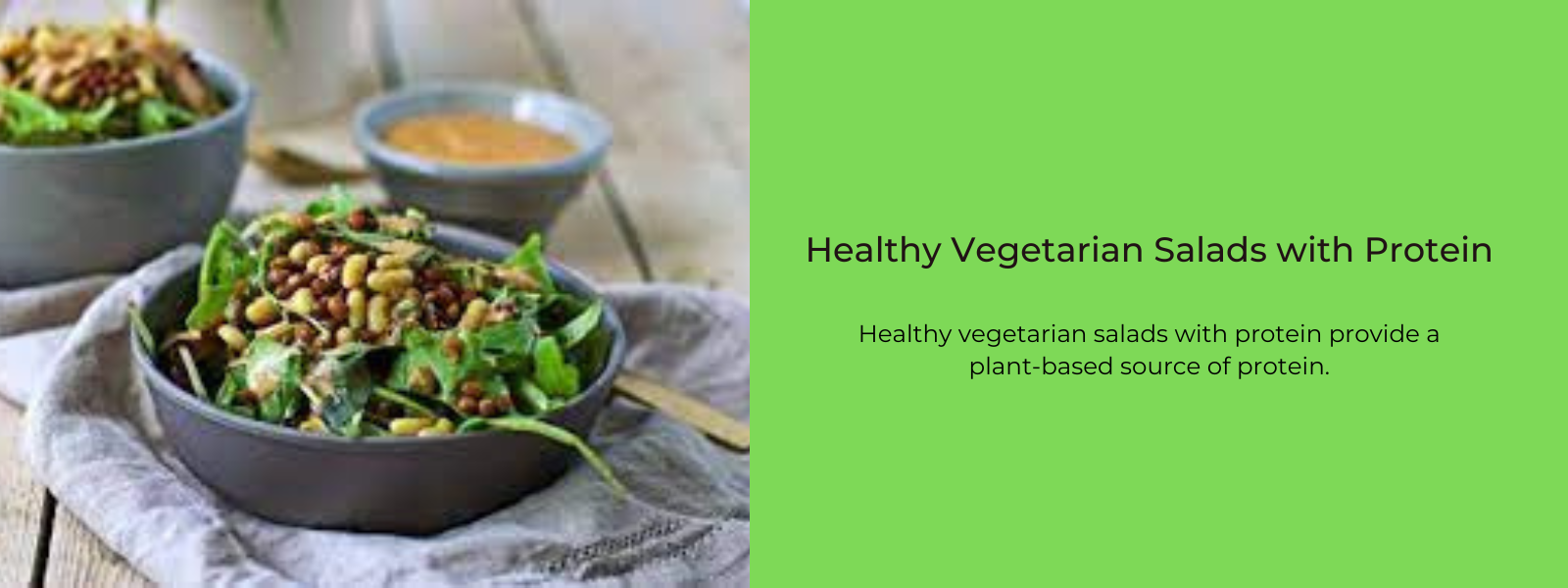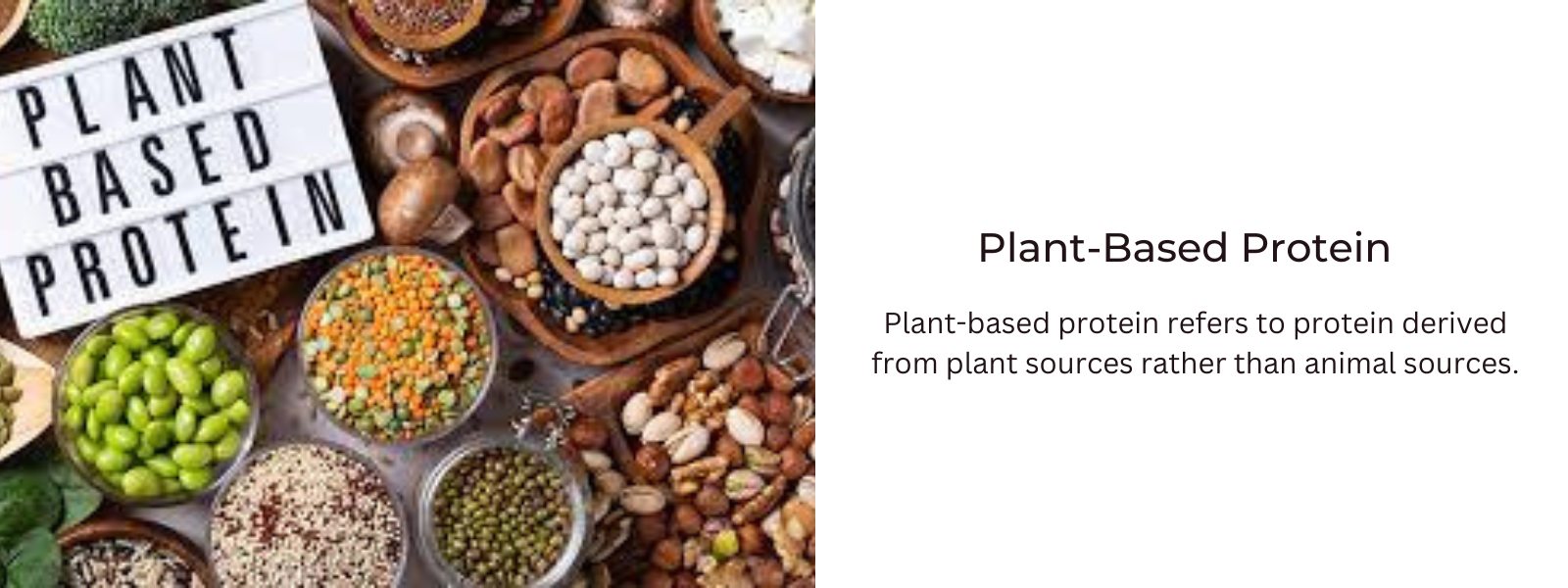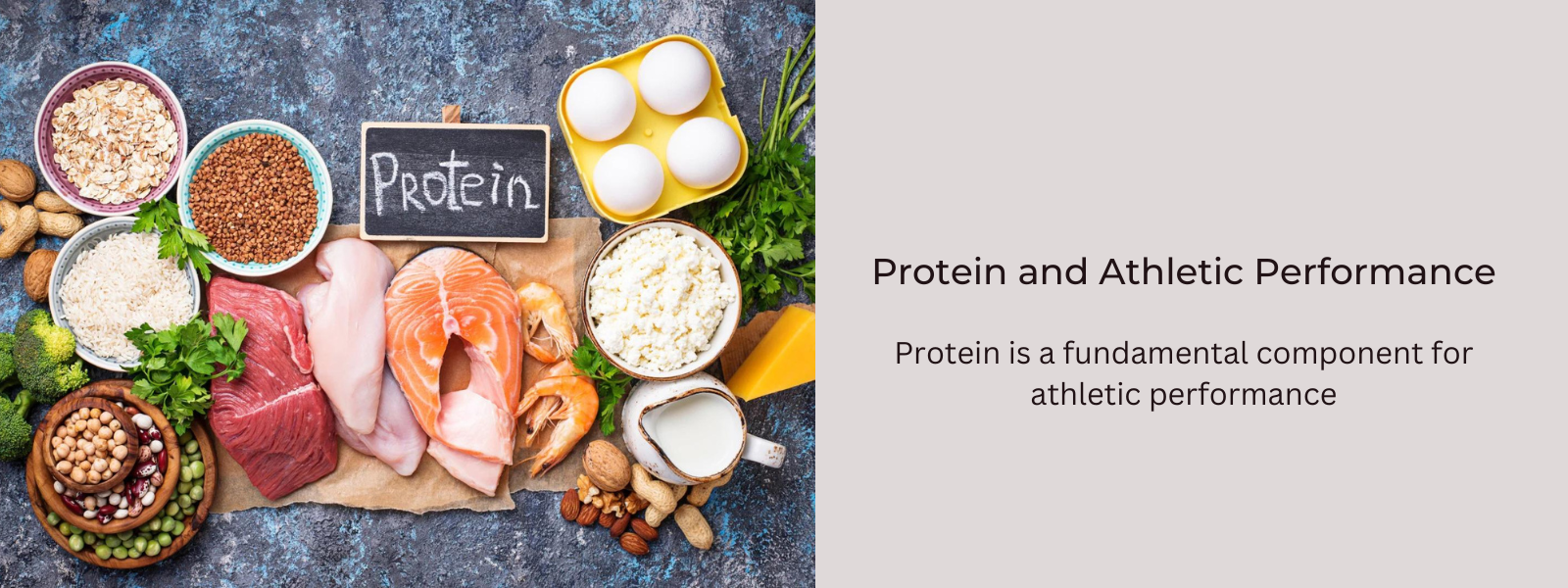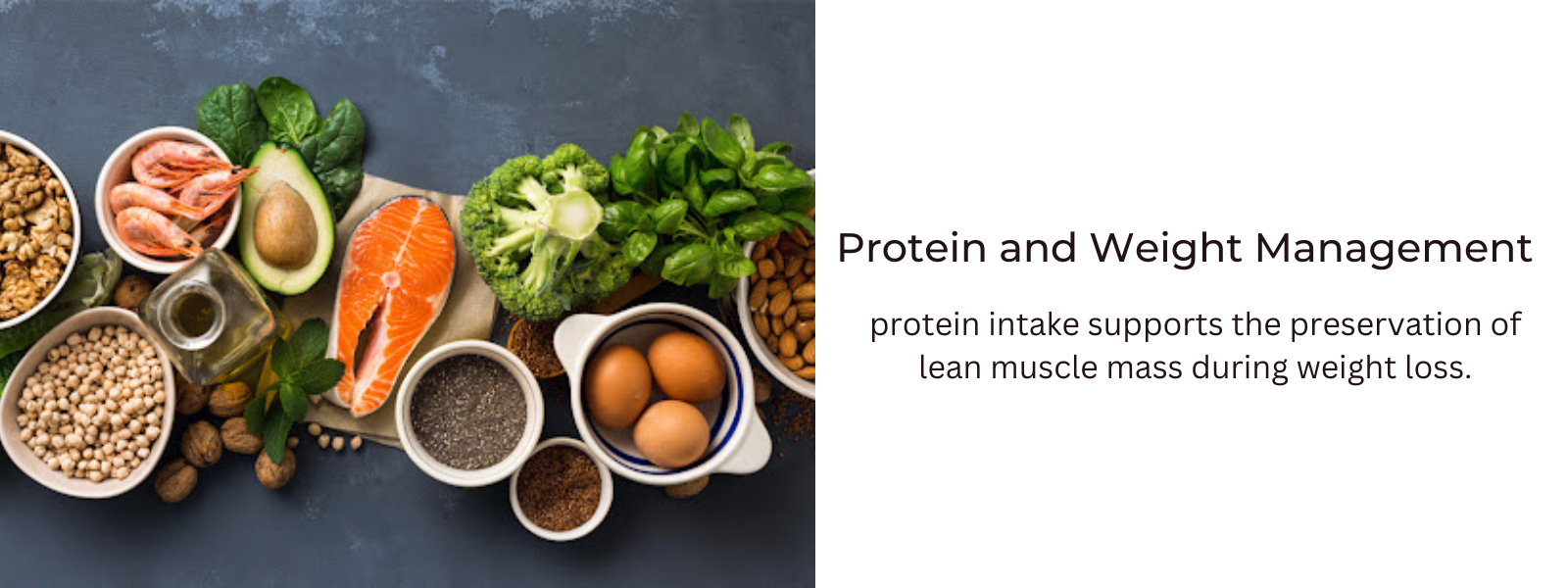Table of Contents
Protein plays a crucial role in supporting the health and well-being of seniors, especially when it comes to maintaining strength and vitality during the aging process. As individuals age, there is a natural decline in muscle mass and function, a phenomenon known as sarcopenia. Adequate protein intake becomes increasingly important for seniors to help preserve muscle mass, strength, and overall physical function.
Proteins provide essential amino acids necessary for the synthesis and repair of muscle tissue. Including protein-rich foods in the diet, such as lean meats, fish, poultry, dairy products, eggs, and plant-based sources like legumes and nuts, can help meet these nutritional needs. In addition to supporting muscle health, protein intake also plays a role in promoting bone health, immune function, and wound healing.
Seniors may face challenges such as decreased appetite, dental issues, or difficulty in chewing, which can impact their ability to consume sufficient protein. Therefore, it's important for healthcare professionals to tailor nutritional recommendations to the specific needs and circumstances of older individuals, ensuring they receive an appropriate and well-balanced protein intake to support their overall health and longevity. Regular physical activity, including resistance training, further complements the benefits of adequate protein intake for seniors, contributing to a more active and independent lifestyle.
As individuals age, maintaining strength and overall health becomes increasingly important. Protein is a crucial nutrient for seniors as it plays a vital role in supporting muscle mass, immune function, and overall well-being. Here's an in-depth look at the significance of protein for seniors and how it contributes to maintaining strength and health in aging:
:
Importance of Protein for Muscle Mass and Strength:
- Aging is often associated with a natural decline in muscle mass, a condition known as sarcopenia. Protein is essential for muscle protein synthesis, helping to preserve and build muscle mass.
- Adequate protein intake becomes crucial to counteract muscle loss and maintain strength. This is especially important because weakened muscles can lead to mobility issues, falls, and a decrease in overall independence.
Importance of Protein for Bone Health & Wound Healing:
- Protein is not only beneficial for muscles but also for bones. It aids in the absorption of calcium, promoting bone health and reducing the risk of fractures and osteoporosis, which are common concerns for seniors. Protein is necessary for the repair and regeneration of tissues. Seniors may face challenges related to slower wound healing and a weakened immune system, and sufficient protein intake supports these processes.
Protein For Satiety and Weight Management:
- Protein-rich foods contribute to a feeling of fullness and satiety, which can be beneficial for weight management. Maintaining a healthy weight is important for overall health and can reduce the risk of chronic diseases associated with obesity.
Protein Requirements for Seniors:
Daily Protein Intake:
- The Recommended Dietary Allowance (RDA) for protein is 0.8 grams per kilogram of body weight for adults. However, some research suggests that older adults may benefit from a slightly higher protein intake, ranging from 1.0 to 1.2 grams per kilogram of body weight.
Distribution of Protein Throughout the Day:
- Distributing protein intake evenly across meals is beneficial for optimal muscle protein synthesis. Aim for a balanced distribution of protein-rich foods throughout the day.
Sources of Protein:
- Encourage a variety of protein sources, including lean meats, poultry, fish, eggs, dairy products, legumes, nuts, and seeds. Plant-based protein sources can also contribute significantly to meeting protein needs.
Considerations:
- Hydration:
- Adequate hydration is essential, as protein metabolism requires water. Ensure seniors are drinking enough fluids to support the digestion and utilization of proteins.
- Individual Needs:
- Individual protein needs may vary based on factors such as activity level, health status, and any existing medical conditions. Consultation with a healthcare professional or a registered dietitian can help tailor protein intake to specific needs.
- Physical Activity:
- Combining a protein-rich diet with regular physical activity, including both aerobic and resistance exercises, is key to maintaining strength and overall health.
Conclusion:
In conclusion, protein is a critical component of a healthy diet for seniors, playing a pivotal role in maintaining muscle mass, bone health, and overall well-being. A balanced and varied diet that meets individual protein needs, combined with a healthy lifestyle, can significantly contribute to optimal aging and quality of life.











Leave a comment